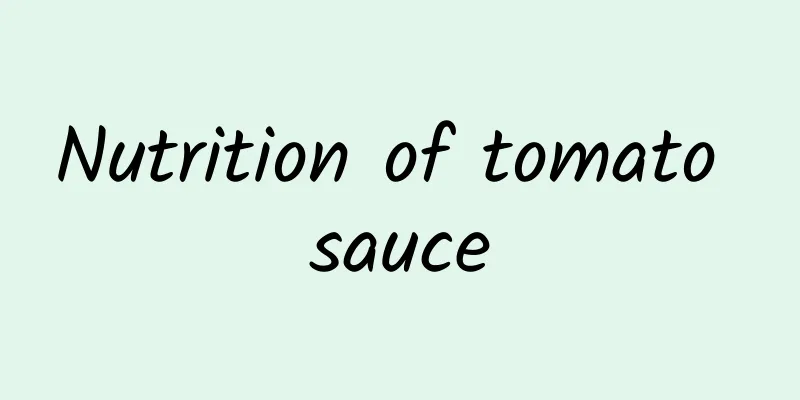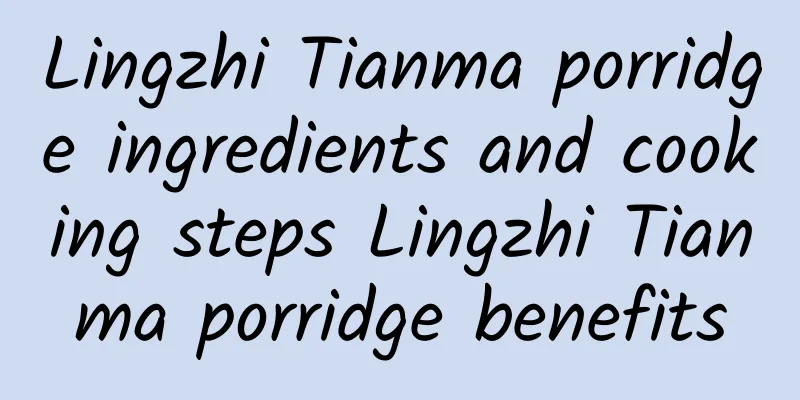Nutrition of tomato sauce

|
Everyone knows the nutritional value of tomatoes. What is the nutritional value of tomato sauce? Let's talk about it below: Nutritional value of tomato sauce:To understand the nutritional value of tomato paste, you need to know the production process of tomato paste. In the production process, you need to know which components of tomatoes are lost and which components are enriched. In addition, you need to know what substances are added in addition to the ingredients of the tomatoes themselves. According to the national standard "NY 1531-2007", tomatoes are made through washing, selection, preheating, crushing, evaporation concentration and sterilization. The main features of this process are the involvement of water (cleaning), heat (preheating, evaporation, sterilization) and oxygen (contact with oxygen during crushing). Vitamin C is a water-soluble vitamin. If there are damaged tomatoes during the washing process, the loss of vitamin C will increase. In addition, there are three heating processes in the process, namely crushing, evaporation concentration and sterilization. The temperatures of the three processes are: 55~98℃, 40~80℃, and 104~110℃. Vitamin C is afraid of heat. These three processes will destroy the vitamin C in fresh tomatoes. In addition, vitamin C is easily oxidized. When crushed, tomatoes will come into contact with oxygen and lose some vitamin C. After these processes, the loss of vitamin C is serious. If you buy a very high concentration tomato sauce and eat 20g a day, you can get 9mg of lycopene without considering factors such as cooking and digestion and absorption. It is difficult to eat half a pound of tomatoes every day, but it is relatively easy to eat 20 grams of tomato sauce every day. This is the advantage of tomato sauce. Pure tomato sauce is too sour, so sugar and salt are often added during production. Therefore, if you eat the same amount of tomatoes and tomato sauce, you will get more energy and salt from tomato sauce. But the reality is that tomato sauce is only used as a condiment and does not add too much extra energy and salt. For people who don't like to eat tomatoes or don't eat tomatoes often, although the daily consumption of tomato sauce is small, it is still an important source of lycopene. Therefore, it is recommended that you add more tomato sauce when cooking (of course, remember to reduce the amount of salt); special tip: add more tomato sauce when eating barbecue, because the antioxidant property of lycopene can reduce the harm of some carcinogens produced by barbecue to the human body. Tomato sauce purchase suggestions:1. Choose a big brand to ensure quality. 2. Look at the ingredient list and nutrition label, and try to choose tomato sauce with a very high concentration. |
<<: Tomato Hoof Flower Casserole
>>: How to process tomato compound jam
Recommend
The benefits of pine nut corn
Do you still remember the effects of pine nut cor...
What are the functions of watermelon rind?
We all know that watermelon has good effects. It ...
The advantages and disadvantages of eating raisins
Grapes are a very delicious and common fruit, esp...
How to pickle sugar garlic with soy sauce
Pickled sugar garlic with soy sauce is a deliciou...
The efficacy and function of green lychee
Green lychee, also known as Guiwei lychee, is a s...
What is CliffsNotes? CliffsNotes review and website information
What is CliffsNotes? CliffsNotes is a well-known A...
How is FFFFOUND? FFFFOUND review and website information
What is FFFFOUND? FFFFOUND! is a photo sharing web...
What are the effects of drinking water soaked with Dendrobium nobile? The effects and medicinal value of Dendrobium nobile
Many people know that Dendrobium candidum can be ...
Effects and functions of red dates, red beans and black rice porridge
Red dates, red beans and black rice porridge is t...
How to plant a potted money tree? How to grow a potted money tree?
The potted money tree has a strong vitality, and ...
How is Jaquet Droz? Jaquet Droz reviews and website information
What is Jaquet Droz? Jaquet Droz is a top Swiss wa...
How is British International Airways Group? British International Airways Group reviews and website information
What is the website of British International Airli...
How is the Central University of Venezuela? Reviews and website information of the Central University of Venezuela
What is the website of the Central University of V...
How to make steamed bamboo fish with rice flour How to make steamed bamboo fish with rice flour
Have you ever eaten steamed bamboo fish with rice...
How to wash strawberries? How to wash strawberries the cleanest?
Strawberries are bright red in color, sweet in ta...









